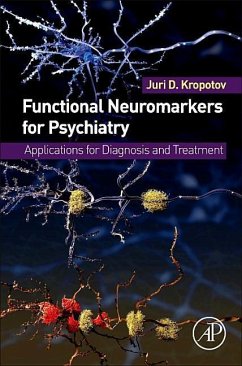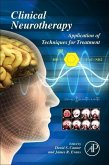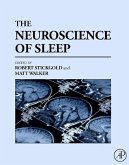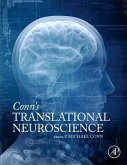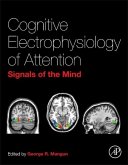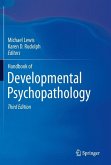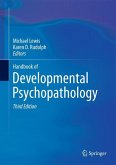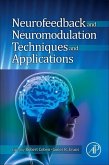Functional Neuromarkers for Psychiatry explores recent advances in neuroscience that have allowed scientists to discover functional neuromarkers of psychiatric disorders. These neuromarkers include brain activation patterns seen via fMRI, PET, qEEG, and ERPs. The book examines these neuromarkers in detail-what to look for, how to use them in clinical practice, and the promise they provide toward early detection, prevention, and personalized treatment of mental disorders.
The neuromarkers identified in this book have a diagnostic sensitivity and specificity higher than 80%. They are reliable, reproducible, inexpensive to measure, noninvasive, and have been confirmed by at least two independent studies. The book focuses primarily on the analysis of EEG and ERPs. It elucidates the neuronal mechanisms that generate EEG spontaneous rhythms and explores the functional meaning of ERP components in cognitive tasks. The functional neuromarkers for ADHD, schizophrenia, and obsessive-compulsive disorder are reviewed in detail. The book highlights how to use these functional neuromarkers for diagnosis, personalized neurotherapy, and monitoring treatment results.
Hinweis: Dieser Artikel kann nur an eine deutsche Lieferadresse ausgeliefert werden.
The neuromarkers identified in this book have a diagnostic sensitivity and specificity higher than 80%. They are reliable, reproducible, inexpensive to measure, noninvasive, and have been confirmed by at least two independent studies. The book focuses primarily on the analysis of EEG and ERPs. It elucidates the neuronal mechanisms that generate EEG spontaneous rhythms and explores the functional meaning of ERP components in cognitive tasks. The functional neuromarkers for ADHD, schizophrenia, and obsessive-compulsive disorder are reviewed in detail. The book highlights how to use these functional neuromarkers for diagnosis, personalized neurotherapy, and monitoring treatment results.
Hinweis: Dieser Artikel kann nur an eine deutsche Lieferadresse ausgeliefert werden.

